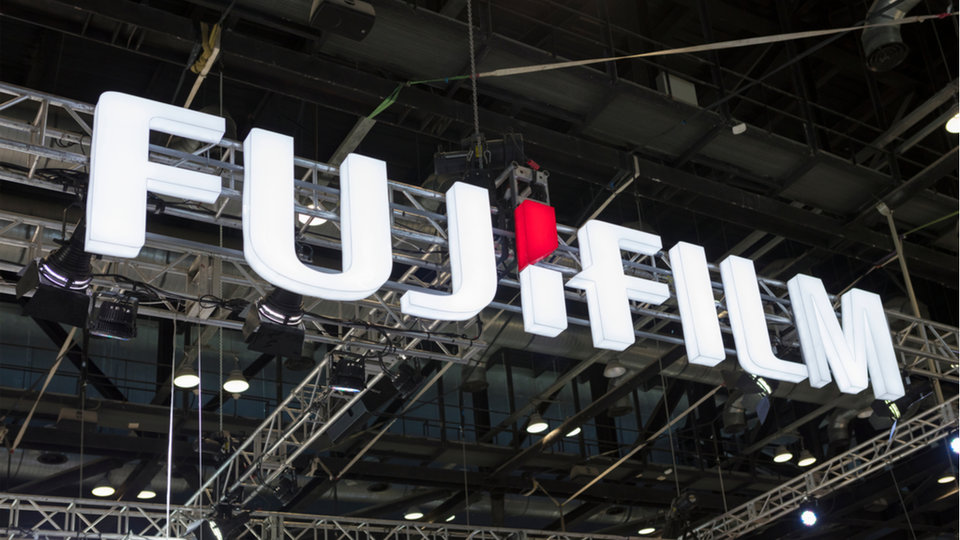The briefing on technology
The latest news, trends and data on technology
Technology news in numbers
340
The number of Amazon storefronts operated by Chinese retailers closed down in the first half of this year, as the US-based ecommerce giant ramped up its crackdown against paid reviews and other violations of its policies.
24
The maximum number of hours users of the new “Cinderella dating app” Thursday have to match, message and arrange a date with one another before midnight, after which no chats or matches are saved. The idea is to encourage users to get on a date rather than engaging in virtual pussyfooting. Thursday comes backed by Monzo founder Tom Blomfield and a £2.5m funding round.
1,500
The number of organisations hit in the Kaseya supply-chain ransomware attack.
$800m
UK challenger bank Revolut secured this investment in a round supported by Softbank and other investors.
28
The number of Chinese firms and subsidiaries added by US President Biden to a Trump-era blacklist in a single executive order, bringing the total number of banned entities to 59
100km
The internationally agreed height at which space begins, which Jeff Bezos will reach with the New Shepard rocket, the first crewed flight launched by the Amazon founder’s space company Blue Origin. Virgin Galactic “space ships” as operated by Richard Branson cannot reach this height: the Virgin boss soared to 86km on July 11. Virgin uses a different definition of the beginning of space as being 80km. This was set unilaterally by the US air force in the 1960s, in order to qualify air force officers who flew the X-15 rocket plane as “astronauts”.
Top story

From the news
Twitter and Facebook ban on bans banned by Florida judge
A federal judge has blocked a Florida law that would have penalised social media platforms like Twitter and Facebook from banning politicians, saying the ban on bans would have throttled free speech.
Tallahassee-based US district judge Robert Hinkle argued in his preliminary injunction that the law would have been unconstitutional, saying it would “violate the First Amendment” of the US constitution that safeguards free speech.
Source
FCC does have expertise to detect security risk, says US Court, upholding Huawei ban
The US Court of Appeals has refused to hear Huawei’s plea to override the Federal Communications Commission’s (FCC) ruling classifying the Chinese tech giant as a national security risk. Following the court’s decision, Huawei remains banned from selling its 5G telecom technology to any project drawing on federal funds designated for US broadband development.
Source
Morgan Stanley data breach: Client info stolen in supply chain hack
A cybercriminal stole personal information belonging to clients of investment bank Morgan Stanley in a data breach stemming from a vulnerability in one of its third-party IT suppliers. In May, IT outsourcing firm Guidehouse notified Morgan Stanley that an attacker had accessed customers’ personal stock plan files stored on its servers, with client names, addresses, date of birth, social security numbers and company names stolen in the breach.
Source
Google and fraud: Mountain View removes kid gloves against financial crooks
Google has thrown down the gauntlet against fraud, telling British financial services firms they must be registered with the UK’s top watchdog to be allowed to advertise with the online giant.
The huge advertising platform announced that it will update its terms and conditions on 30 August this year. Enforcement of the changes will begin on 6 September. Mountain View’s new rules will only allow UK financial services firms that have registered with the Financial Conduct Authority (FCA) by the enforcement date to advertise with the company.
Source
A plus one for OPPO with OnePlus merger
OPPO and OnePlus have made it official. After having collaborated closely for some time, the two Chinese smartphone brands are merging, with OnePlus becoming an OPPO sub-brand. According to Chinese media, the organisational adjustment of the two companies signals preparations for the phone maker’s entry into the car manufacturing industry.
Source
China insists on orderly and decorous online fan worship
The Cyberspace Administration of China (CAC) announced that it aims to put an end to what it sees as the country’s “chaotic” online celebrity culture, which it says is negatively affecting the mental health of minors. It will launch a two-month special operation targeting China’s so-called “fan quan” (literally meaning rice circle), a colloquial term for online clubs dedicated explicitly to worshipping a certain celebrity.
Source
BACK TO TOP